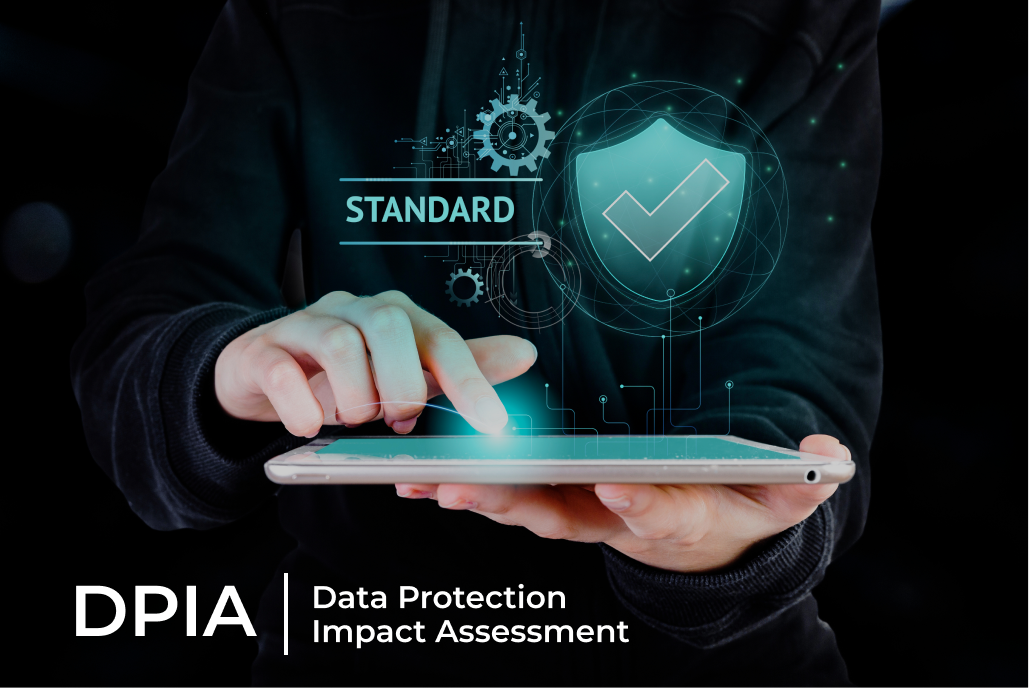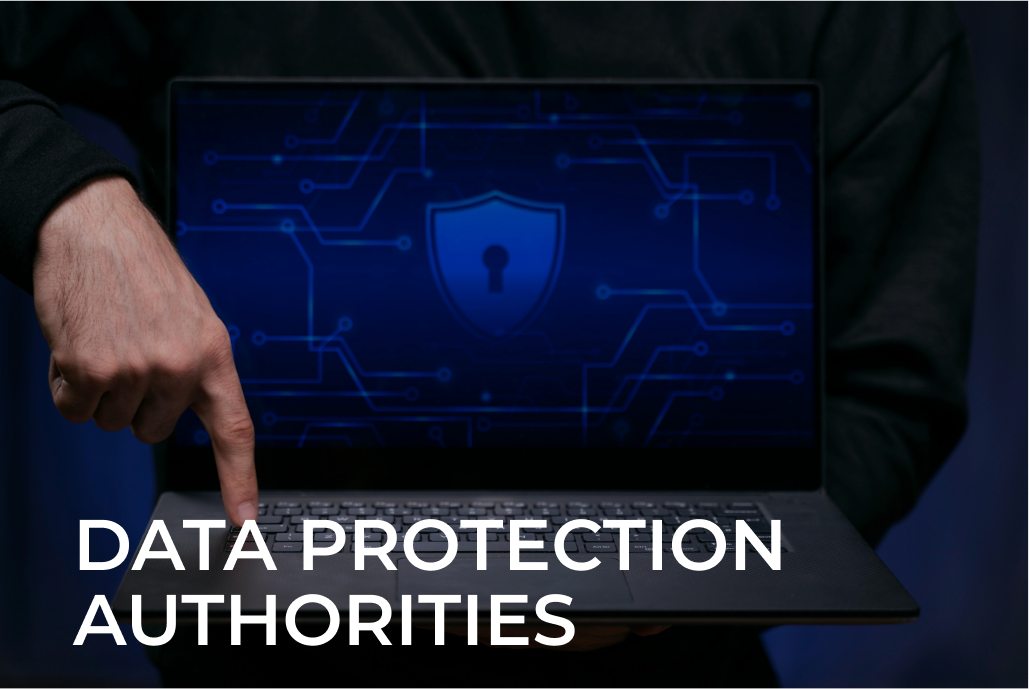DPO India - Your outsourced
DPO Partner in 2026
DPO India Created to serve your Privacy requirements -Protect personal data from unauthorized access and data breaches. Adhering to these requirements helps to maintain trust with customers and clients.
The requirement of appointing a DPO arises from
- Sec 10, clause 2(a) of India DPDP ACT 2023
- Article 37,38 & 39 of GDPR
- Section 69, 70&71 of UK, DPA 2018
Discover Our Comprehensive Privacy Solutions for Different Jurisdictions
At DPO India- DPO as a Service we understand that privacy laws can vary greatly between different jurisdictions, making it difficult for businesses to navigate the complex landscape of data protection. That's why we offer a comprehensive range of privacy law solutions that are tailored to meet the unique needs of businesses operating in different parts of the world. Whether you're operating in the EU, UK, Middle East or any other region, our expert team can provide you with the guidance and support you need to ensure compliance with the latest privacy regulations.

We provide Data Privacy and Data Protection solutions
We assist our customers fulfill the requirements to comply with applicable local and global privacy laws with solutions that are tailored to their organizational and business objectives.
Our Training Programs
We provide "Expert-led Cyber Security Training for Individuals and Organizations. Staying up-to-date with the latest threats and best practices is essential
Services we Provide
Data Protection Officer (DPO) as a service
Sec 11, clause 2(a) of India DPDP ACT 2023 and GDPR allows organisations to outsource the role of the Data Protection Officer (DPO) as a service or appoint one on a part time basis.
Other Services
Privacy Training & Awareness
Privacy tools and technologies
Privacy consultancy
Privacy Audits
Unlock Your Business's Full Potential with Our Solutions
At DPO India, we understand the importance of data privacy in today's digital landscape. That's why we offer a comprehensive suite of services designed to help you safeguard your organization's sensitive information and comply with India's data protection laws.
Holistic, straightforward, solution-driven advice
Mitigate the risk of a conflict of interest of the DPO
Data Privacy expertise and experience
Highly cost effective
On site support
Local and Global Privacy expertise
Understanding of Data Privacy Laws including India DPDP ACT 2023, GDPR & CCPA
Access to highly knowledgeable & experienced Data Privacy Professionals
Ownership and structure to privacy & data protection activities
Resources
We understand that Privacy is at the intersection of constitution, human rights, consumer protection, anti-trust regulations, technology and privacy regulations.
Frequently Asked Questions on DPO as a Service

Who is a Data Protection Officer (DPO)?

- DPOs serve as the single point of contact for all Privacy and Data Protection practices of an organisation for external stakeholders (including regulators, supervisory authorities, customers, vendors) and internal stakeholders (including CEO, CFO, Board of Directors,etc).
- Data Protection Officers (DPO’s) are the cornerstones of the legal framework of organisations and facilitate the compliance with the provisions of applicable laws.
- It is important for the DPO to be familiar with applicable national and local laws and practices relating to security, privacy and data protection. It is also recommended that the DPO has knowledge of the industry, information systems, processing operations and technical and organisational security measures
Does my organisation need to appoint a DPO?

- The Data Protection and Privacy Laws across the world makes it mandatory for organisations or a certain category of organisations to designate a DPO.
- The appointment of a DPO is particularly important for organisations that are public authorities and bodies; monitor individuals systematically and on a large scale or that process personal data or sensitive personal data on a large scale.
- Even when the applicable laws do not specifically require the appointment of a DPO, organisations designate a DPO on a voluntary basis.
- The appointment of DPO along with designation and tasks are defined in some leading laws as per the below sections/articles
How is a DPO positioned in the organisation

- DPOs may be appointed by both Data Controllers( or Data Fiduciaries) and Data Processors
- The DPO directly reports to the highest management level of the organisation
- A group of undertakings can designate a single DPO provided that he or she is ‘easily accessible from each establishment’
- The data protection officer may fulfil other tasks and duties such that any such tasks and duties do not result in a conflict of interests.
- The data protection officer shall be bound by secrecy or confidentiality concerning the performance of his or her tasks
- The DPO shall not be dismissed or penalised by the controller or the processor for performing his tasks
- DPOs should be able to perform their tasks with a sufficient degree of autonomy within the organisation. The autonomy of DPOs does not, however, mean that they have decision-making powers extending beyond their tasks.
- A DPO can be appointed on a part time basis or can also be outsourced
What are the tasks of the DPO

- Monitor compliance with applicable local and global laws
- Provide information and advice to organisations on matters relating to fulfilling obligations under applicable privacy laws
- Provide advice for data protection impact assessments
- Provide assistance to, cooperate and communicate with regulator or supervisory authority
- Monitor personal data processing activities of the organisation to ensure that such processing does not violate the provisions of applicable laws and provide advice where necessary
- Act as the point of contact for data subjects / principals for the purpose of grievances redressal
- Facilitate Privacy training and awareness within the organisation
- Conduct and support Privacy Audits
- Adopt a Risk based approach w.r.t. the processing activities
- Maintain inventory of records to be maintained by the organisation



